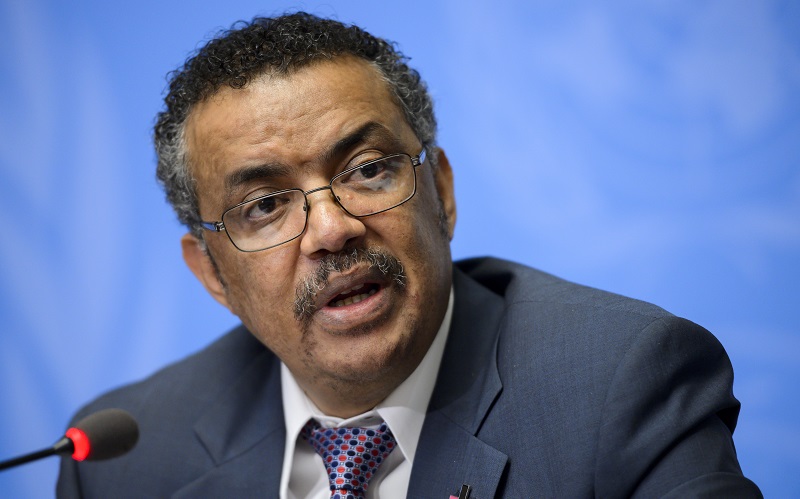The World Health Organization (WHO) and the International Labour Organization (ILO) have called for new measures to tackle mental health issues at work.
The two organization made the call through a joint policy brief released on 28 September where new guidelines pertaining mental health at work were outlined.
For the first time WHO recommends manager training, to build their capacity to prevent stressful work environments and respond to workers in distress.
WHO Director-General Dr Tedros Adhanom Ghebreyesus said: “It’s time to focus on the detrimental effect work can have on our mental health.”
“The well-being of the individual is reason enough to act, but poor mental health can also have a debilitating impact on a person’s performance and productivity. These new guidelines can help prevent negative work situations and cultures and offer much-needed mental health protection and support for working people,” Dr Ghebreyesus said.
The guidelines also recommend better ways to accommodate the needs of workers with mental health conditions, propose interventions that support their return to work and, for those with severe mental health conditions, provide interventions that facilitate entry into paid employment.
Importantly, the guidelines call for interventions aimed at the protection of health, humanitarian, and emergency workers.
A separate WHO/ILO policy brief explains the WHO guidelines in terms of practical strategies for governments, employers and workers, and their organizations, in the public and private sectors. The aim is to support the prevention of mental health risks, protect and promote mental health at work, and support those with mental health conditions, so they can participate and thrive in the world of work.
Investment and leadership will be critical to the implementation of the strategies.
“As people spend a large proportion of their lives in work – a safe and healthy working environment is critical. We need to invest to build a culture of prevention around mental health at work, reshape the work environment to stop stigma and social exclusion, and ensure employees with mental health conditions feel protected and supported,” said, Guy Ryder, ILO Director-General.





